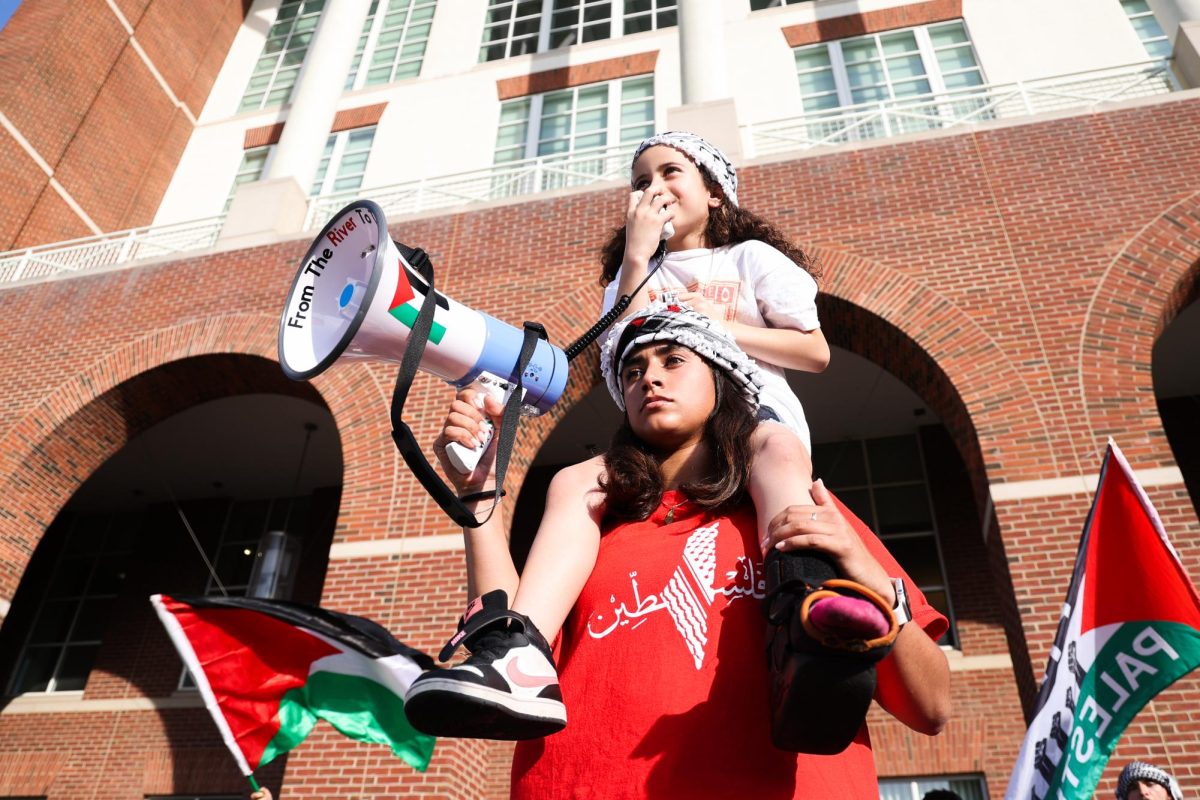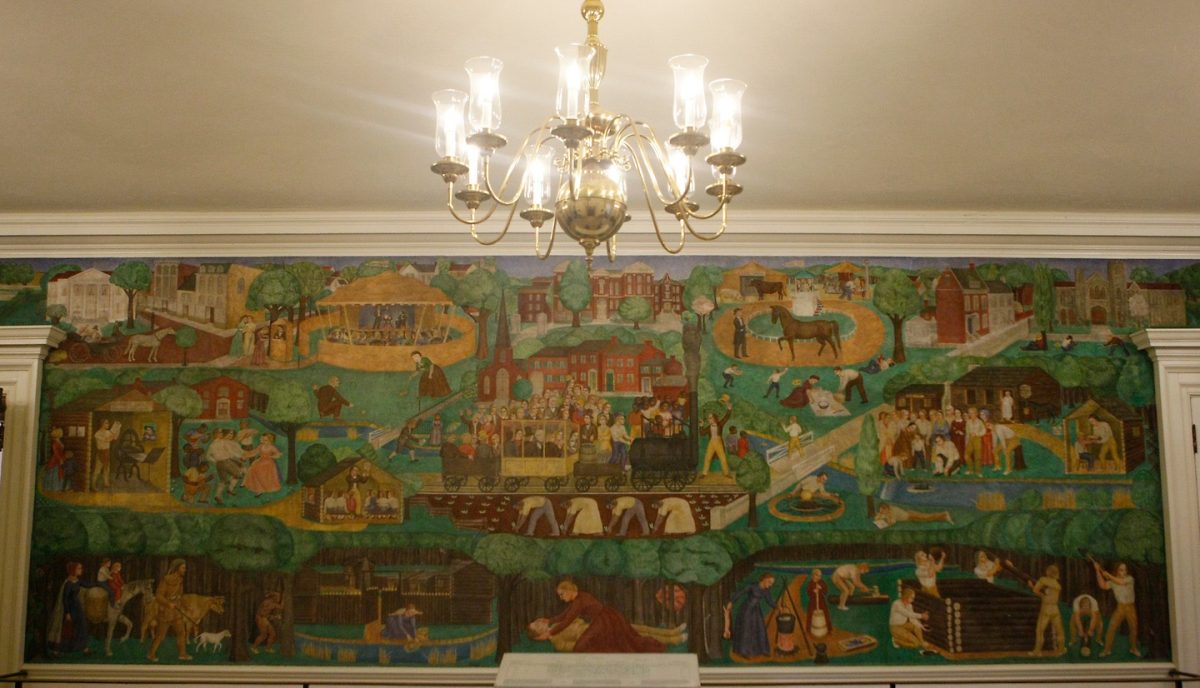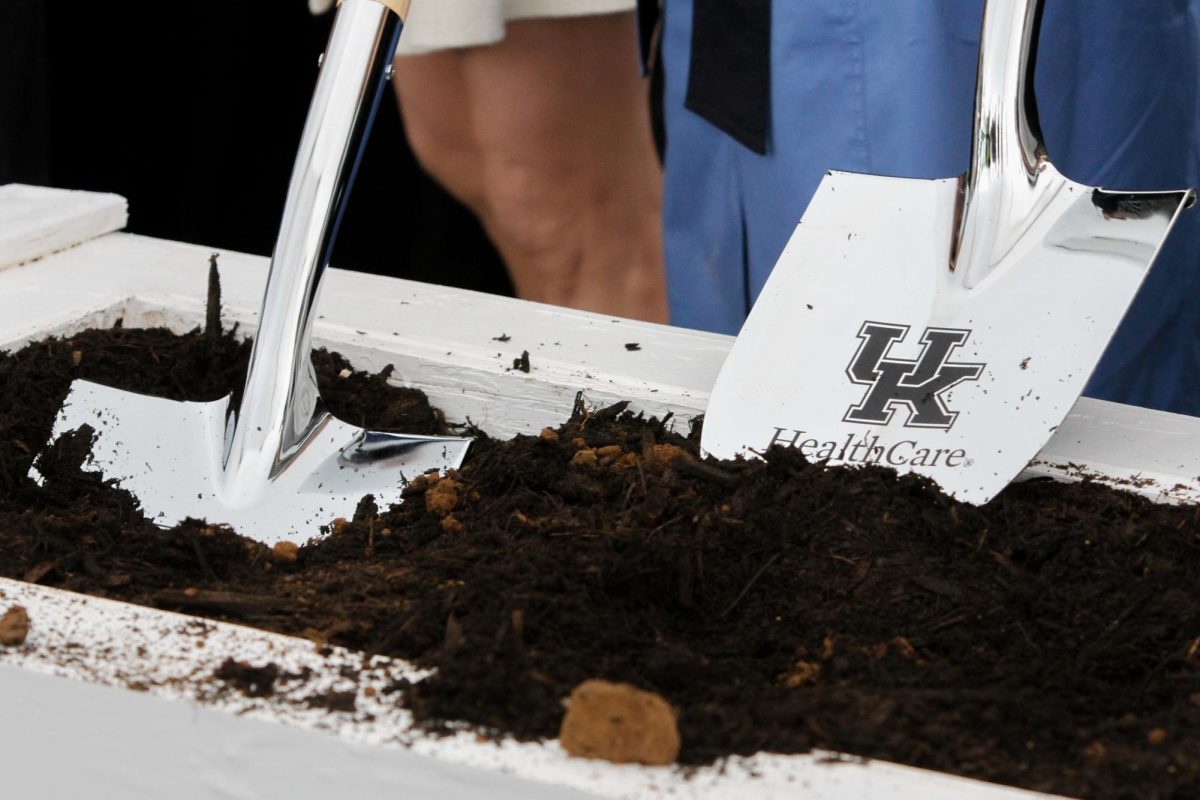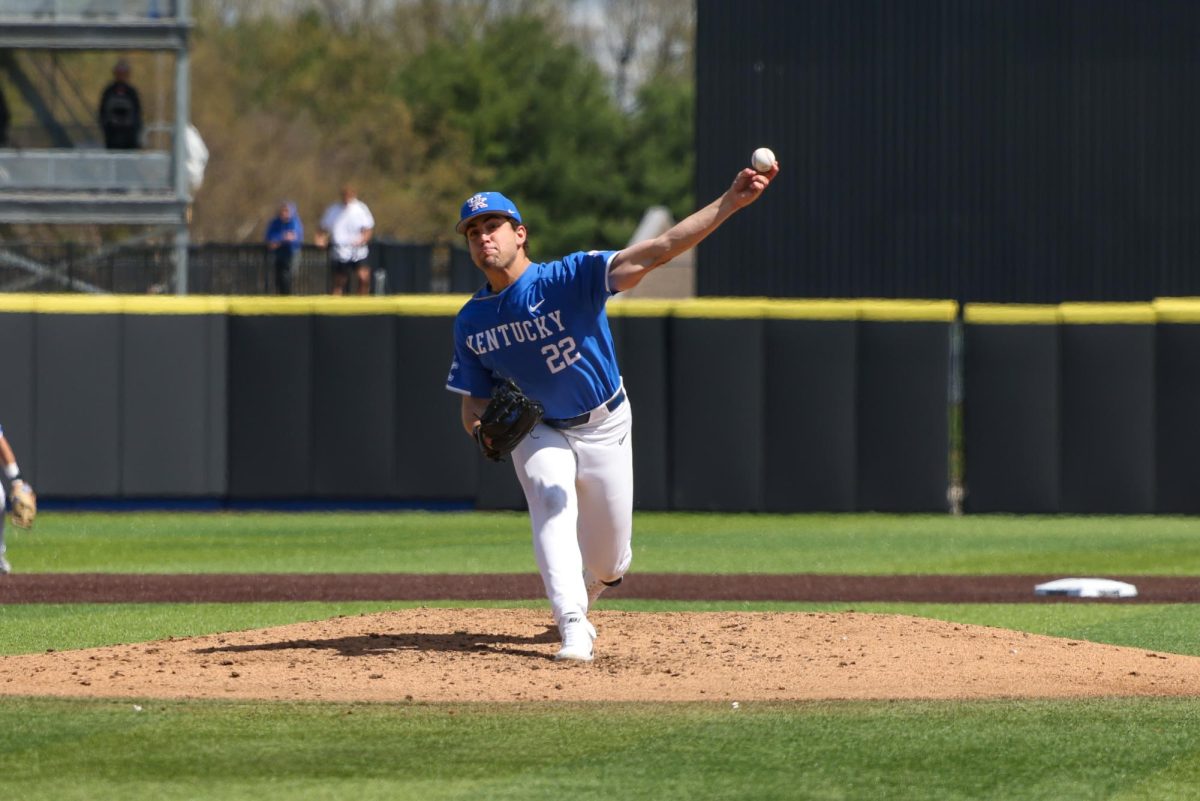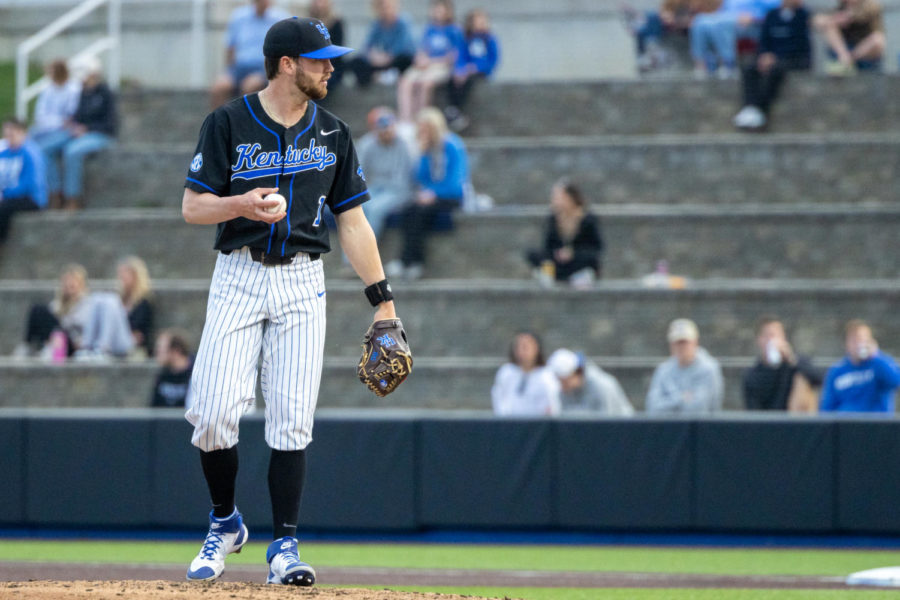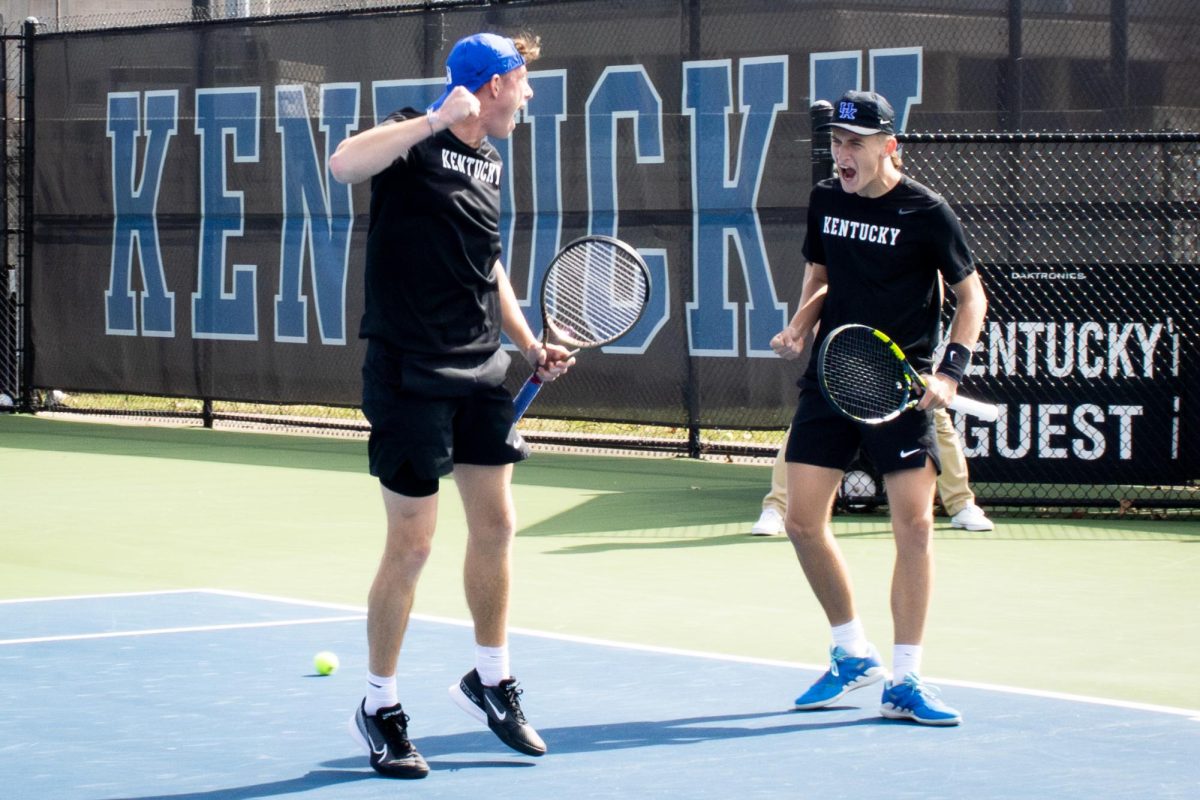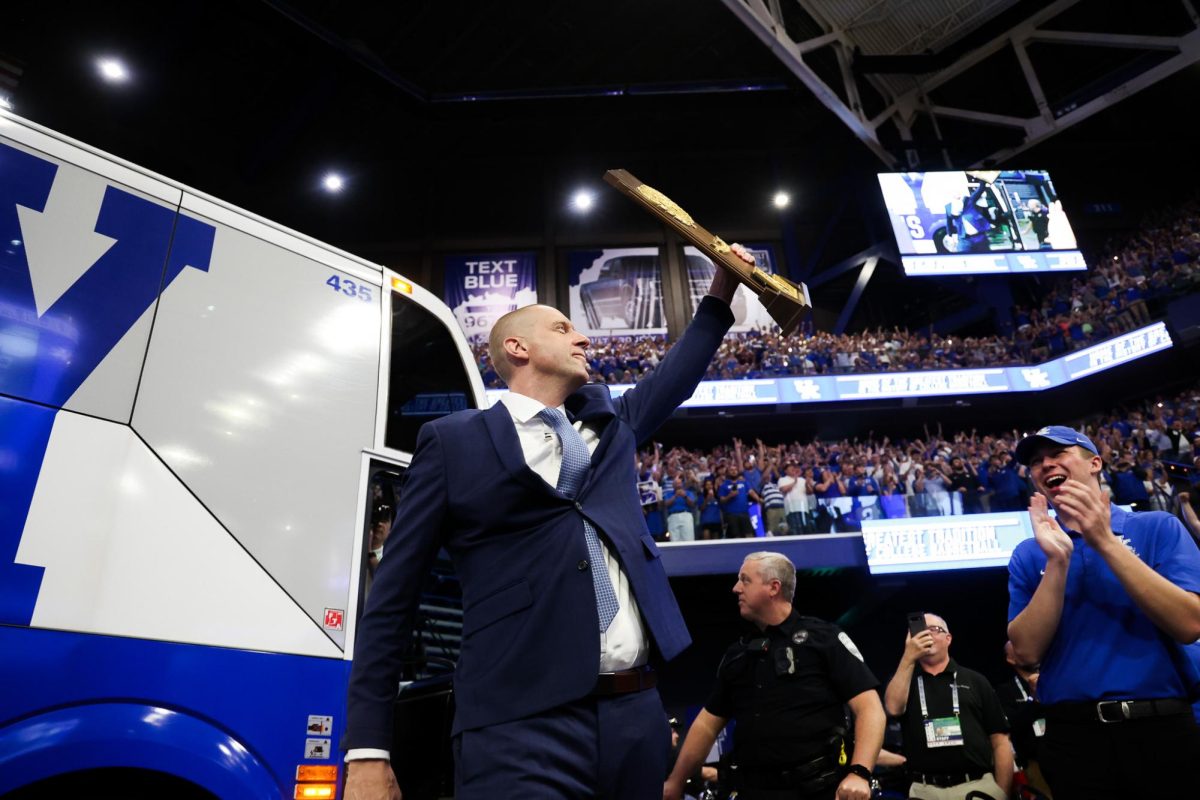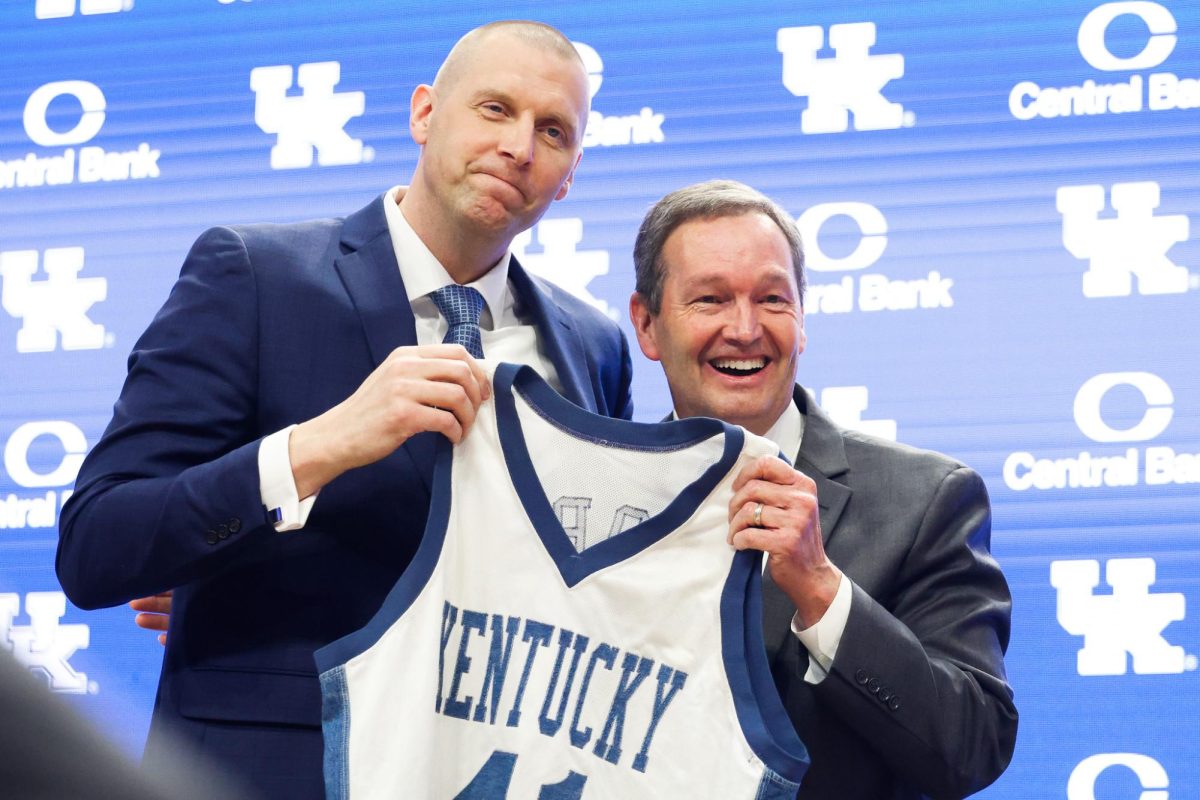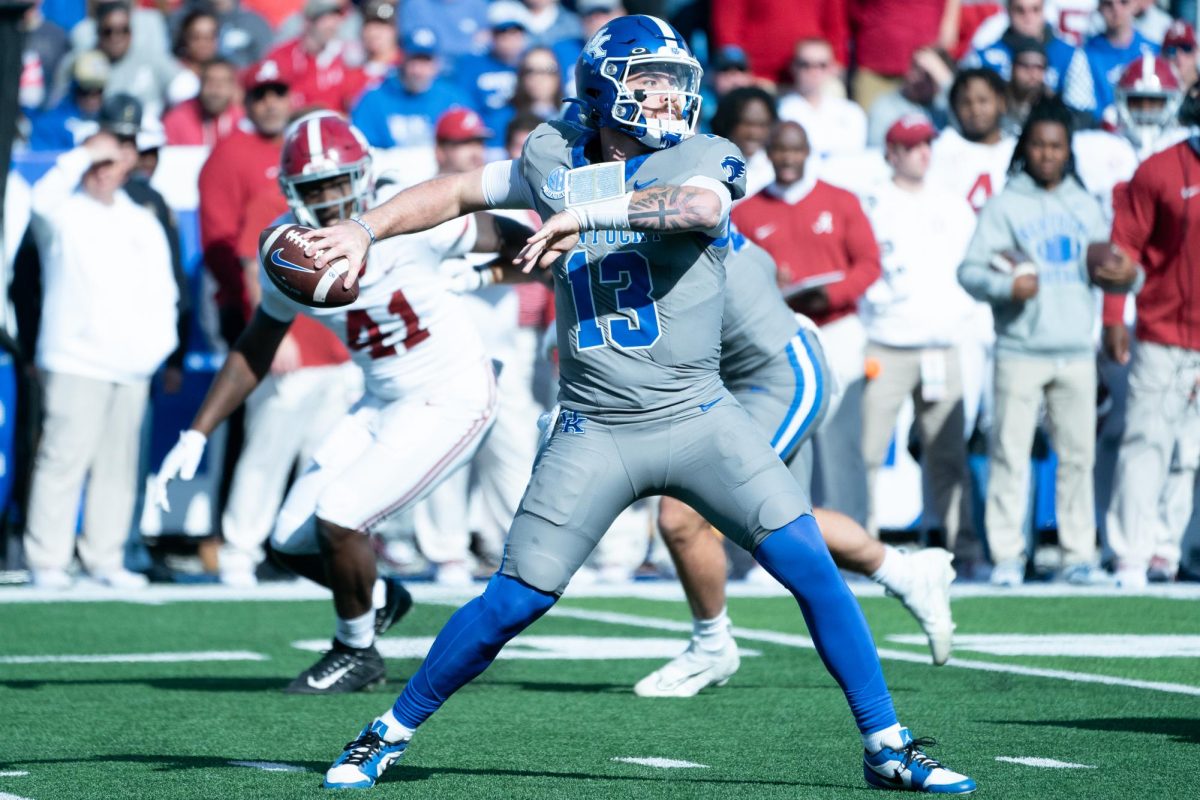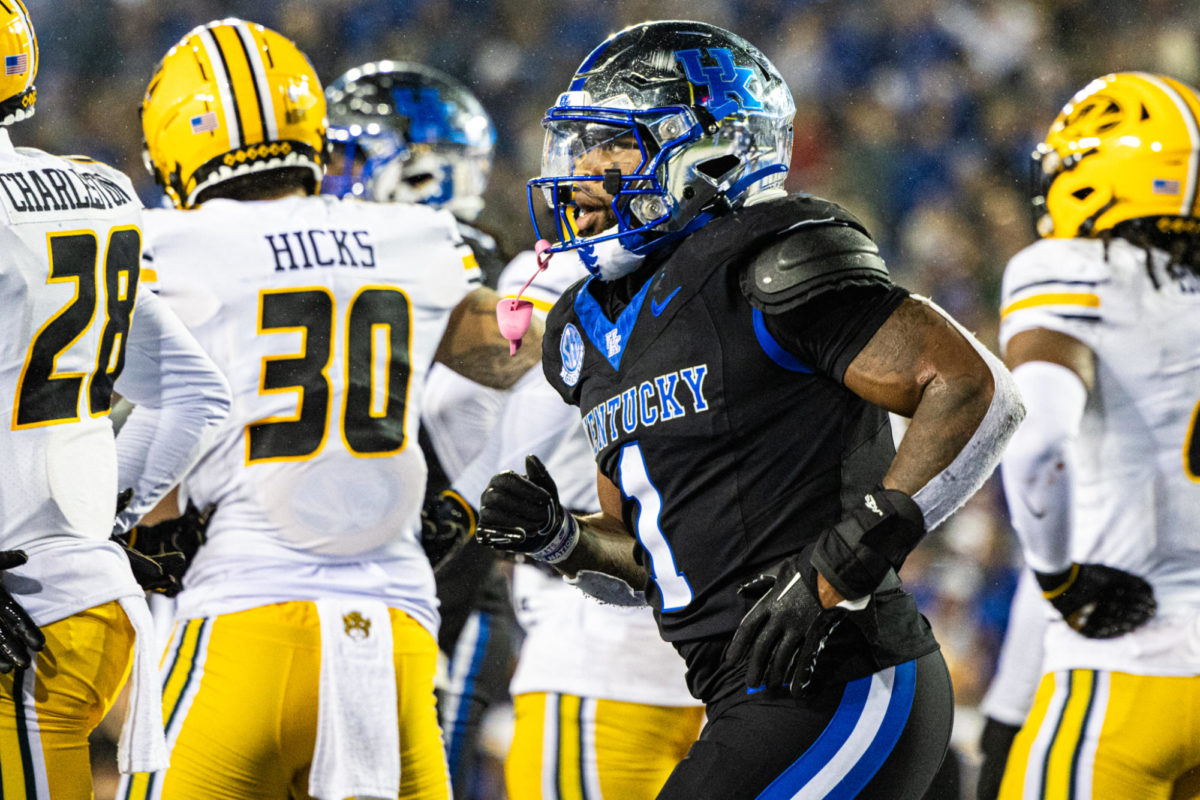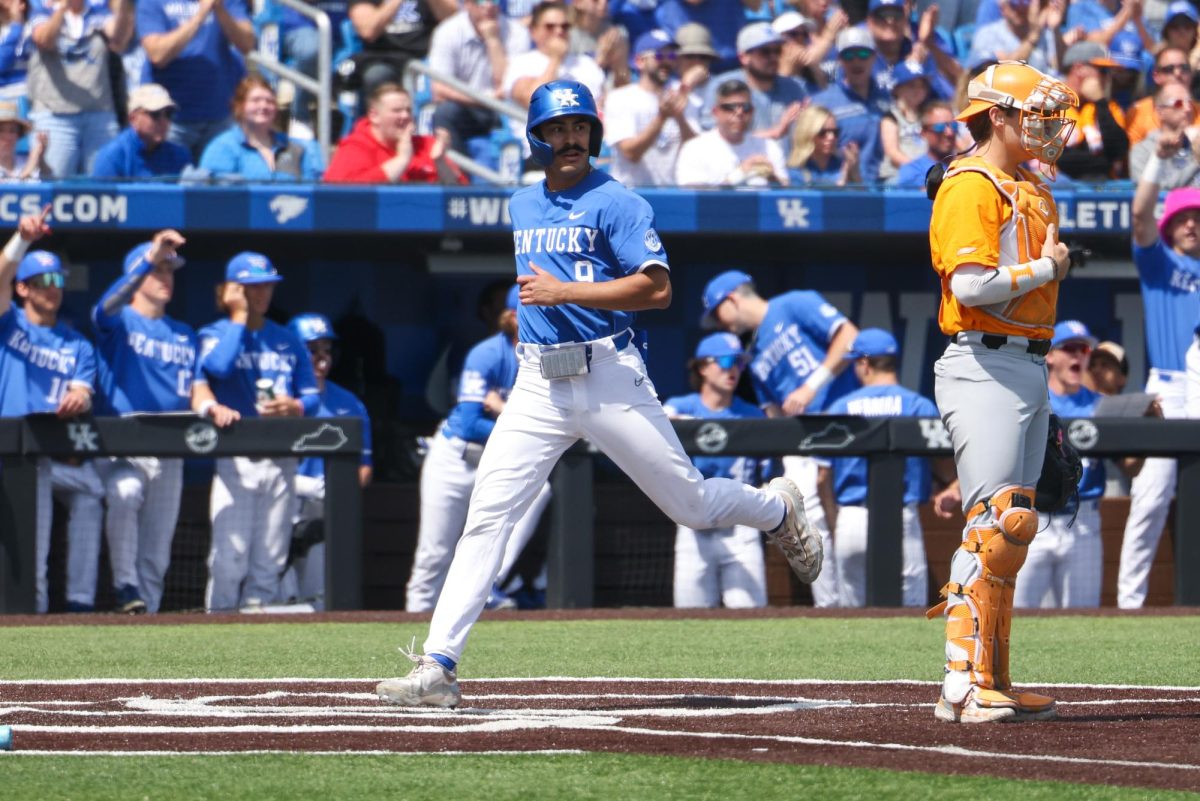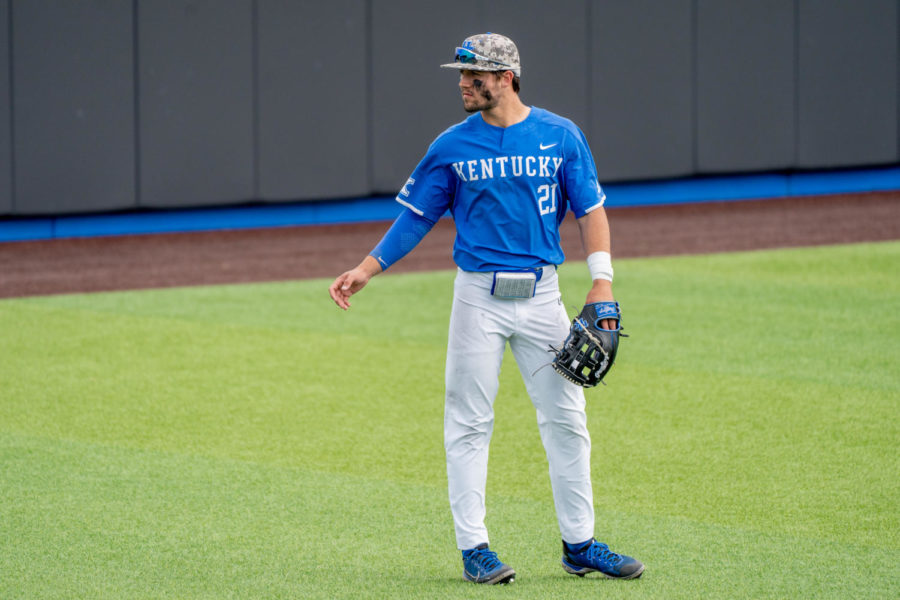Administration must consider those living off campus when debating university closures
January 28, 2009
On Tuesday, an aggressive winter storm hit Lexington, tearing through campus with an icy cocktail that left everyone having a hard time getting around, in vehicle or by foot.
UK made the initial decision to call off classes before 11 a.m., and eventually called off all classes after 3:30 p.m. Class was also called off for Wednesday— all three times using UK Alert.
The Office of Emergency Management had three successful runs with UK Alert, the emergency notification system. It seems the system has worked out some of the problems that has delayed alerts in the past. Now, it’s up to the students to sign up for the notifications. (You can do so at http://ukalert.warn247.com.)
While the technology worked fine, there were still a few kinks in the decisions made within Anthany Beatty’s team. Beatty, the assistant vice president for public safety, should have made the decision to call off school entirely.
The Tuesday UK Alert to cancel all campus activities before 11 a.m. went out at 5:40 a.m. By 7 a.m., it was clear to the UK grounds crew that the ice was not going to give in, according to building maintenance worker Kenny Moore, who was one of many workers in charge of clearing paths.
“Just as soon as we get it up, we had to do it again — just like we’d never been here,†Moore said.
Moore knew at 7 a.m. it would be a long, slippery day. He knew it just like any one out there would have. Beatty knew it. And eventually, all the students and other employees making their way to class knew it. UK should not have gone to class on Tuesday.
Beatty and crew could have kept that knowledge to themselves. No one else needed to know.
But Beatty said by 7 a.m. it was too late to call school off because people were making their way to class.
It’s unlikely that most people who had to be on campus were actually en route. Plan B staff, those required for vital university functions, were required to be on campus, but most employees did not have to be there for another three hours. Students had four hours to count down.
So, with the exception of employees who have over a two-hour commute to campus and students who have a three- or four-hour commute, most would have been unaffected by the decision — instead, many had a dramatically different day. Instead of a productive day on UK’s campus, many found themselves experiencing UK’s fine hospital.
Chris Robbins, a registration clerk in UK Hospital’s emergency room, said they had seen “lots of falls, a whole lot more than usual.†Chances are, those people wouldn’t have minded finding out a little “late†that school was canceled for the day. Especially when a little “late†came at least three hours before they may have had to be on campus.
As the storm continued on Tuesday, Lexington became covered in ice, which began to bring down trees, eventually leading to downed power lines. While the official boundaries of campus may not have experienced all of these problems, Lexington had its hands full of them.
And it’s Lexington, not on campus, where the majority of students live. UK employees could have had campus spotless and completely ice free, but for those of us who had to trek the Lexington sidewalks — which were covered with chunks of ice and branches that made it hard to walk at any pace — and slip-n-slide on the icy streets, it wasn’t about how prepared campus was.
Students like Cheryl Weiss, a corporate communications senior who lives on Tates Creek, said she had a difficult drive to campus. Then, after finally making it, she had to brave the sidewalks, which had not been cleared off, with her young daughter, Jada, whose school had been canceled.
Weiss’ experience is the commuter experience. And it’s those students UK must consider when making a decision to close or stay open.
Branches, and entire trees, were falling on Tuesday and Wednesday. This ice storm brought back bad memories for many who were in Lexington at the time of the 2003 ice storm.
Lt. Edward Hart, duty commander for Lexington Police, said the 2003 storm, which was the last time UK closed, brought down branches into the road. Hart said the branches were a road hazard, but when police officers had to clear them from the road, they also had to worry about branches falling on them.
“I don’t think we’ll repeat (2003), because we’ve learned a lot, both public citizens and the city,†Hart said.
Hindsight is 20/20. Maybe there was a lot learned from the 2003 storm, but now it’s time to look at the 2009 storm and evaluate what we can learn.
There were good decisions made, and UK acted promptly with three successful UK Alerts and in attempting to clean campus pathways.
But sometimes, your best just isn’t good enough. So you have to consider the real Plan B.
Give in.


